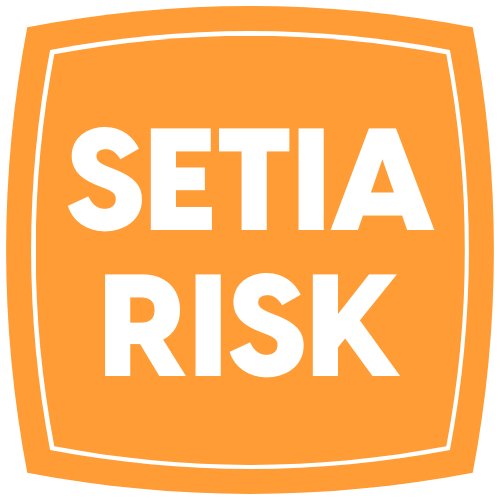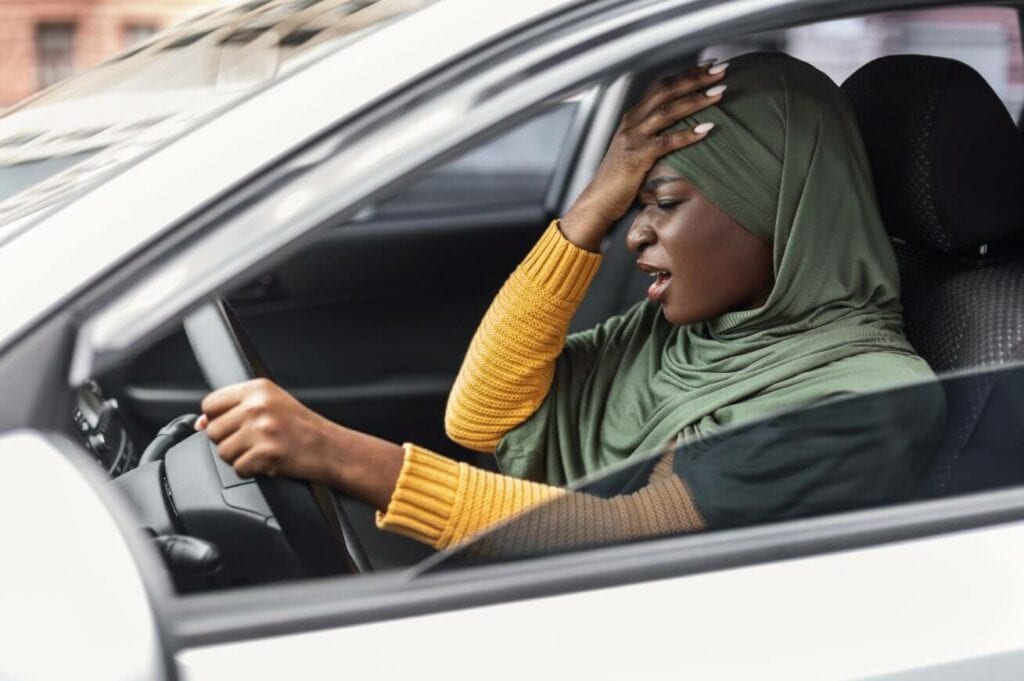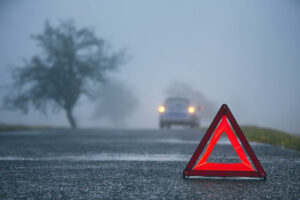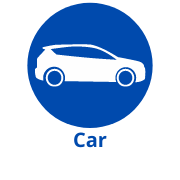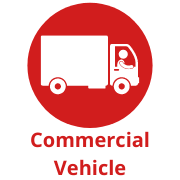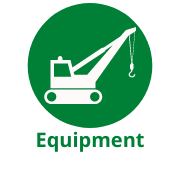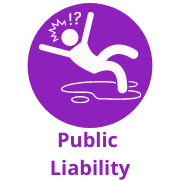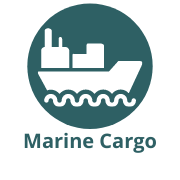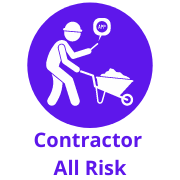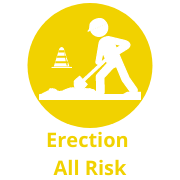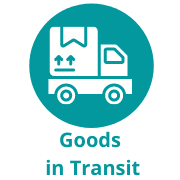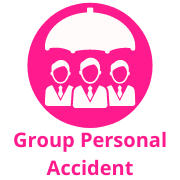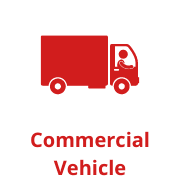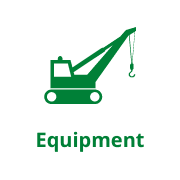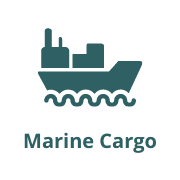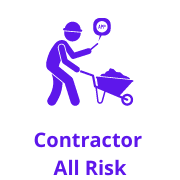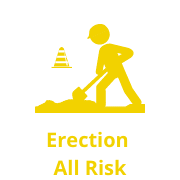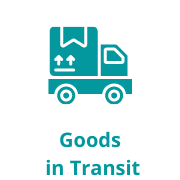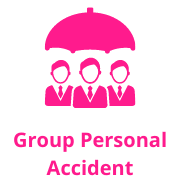The increase of road scam cases is a concern that should call for every Malaysian to be alert. Be it solo or in the group, the safety of ourselves and our belongings should always be our main priority. Having said that, this is a guide on how you can avoid road scams by being familiar with the common modus operandi used by scammers. You’ll learn about the three most common scams and tips on how to protect yourself from them.
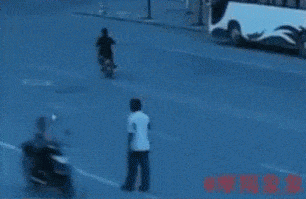
1. The Fake Accident:
There’s nothing fake about the numbers for this scam — it’s all too real. Malaysia has seen a huge increase in cases of the fake prop-accident scam, where scammers will use all sorts of “proven” tactics to cause a fake accident and then demand compensation from their victims. The most common version of this scam is the “damaged bike” one. The way it goes down is, a biker or any vehicle will drive in front of you and then suddenly brake in the middle of the road for no reason. Once you stop your car, the rider will claim to have damaged his bike (or the vehicle) due to your reckless driving and demands compensation from you. If you decline to pay him, he may threaten to throw a tantrum and call the cops. He will also threaten you with bodily harm in the form of punches and kicks. In some extreme cases, he may even grab a weapon and brandish it at you.
How to Avoid This Scam?
There’s no need to get creative when avoiding this scam. The safest way is to simply keep a 2-car distance between you and the vehicle in front of you and drive slowly. And if, in unfortunate events, you happen to meet a scammer with a broken bike, just go to the nearest police station and report them. There’s no need to pay them and certainly no need to fight with them. The authorities will take care of it.
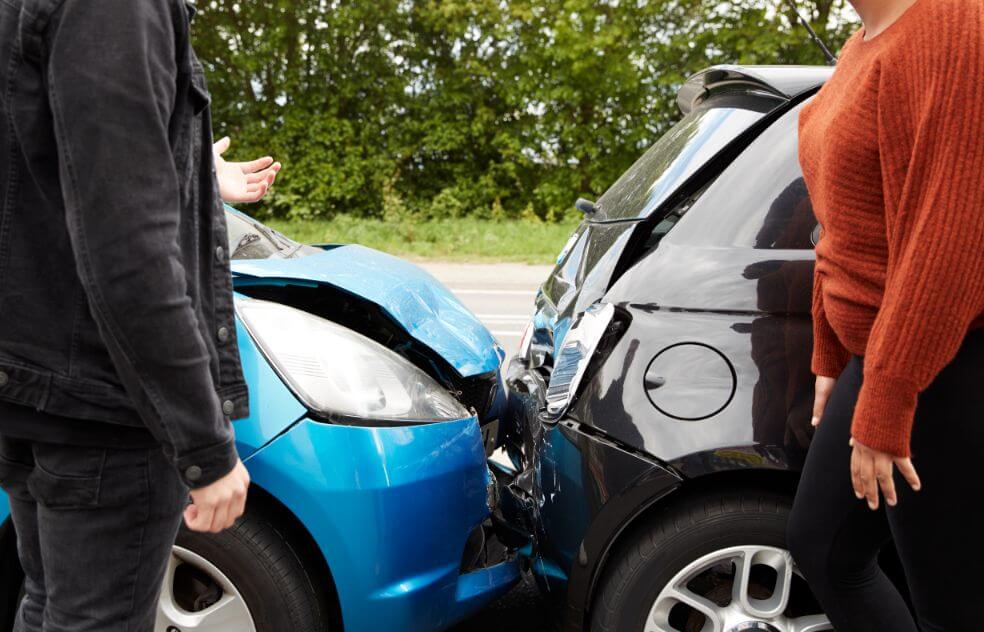
2. Tow Truck Scams:
One of the biggest scams to plague Malaysian roads is this tow truck scam. Ever seen a fake tow truck trying to “save” you from a supposedly bad accident? If you look closely, the words “tow truck” will be painted in bold on their vehicles, which are usually Toyota Hilux Revo pickup trucks. The whole scenario is this: the scammers will first spill oil on the road and then attempt to “save” you after you get in an accident on the oil spill. They may even go further by leaving nails and glass in the road to cause your vehicle to break down. The scammers will approach you with their “tow truck” and claim that they will help you out if you agree to “tow” your car to their “workshop.” If you refuse, they will force you to take immediate action as your vehicle might be blocking the road. Once you get to their workshop, they will demand that you pay them a huge sum of money to supposedly fix your car—yet another cheap, dirty trick.
How to Avoid This Scam?
There are three things you can do to avoid this scam. First, never accept help from any tow truck unless they are authorized by your insurance company. Second, if your car breaks down on the road, do not accept any help from any stranger or person trying to be kind, especially when they force you to go with them. Third, always be vigilant and drive cautiously.
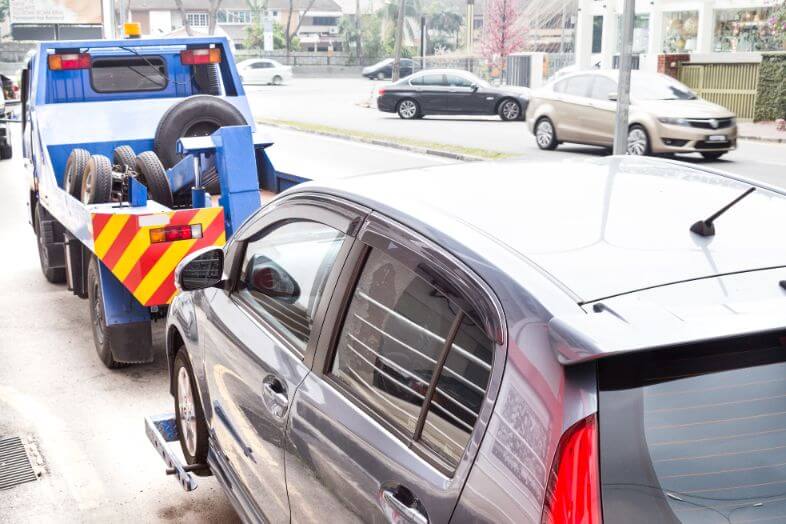
3. Oil Cap Is Open Road Scams:
For those who have had the “pleasure” of seeing this scam, you’ll probably understand how frustrating it is. Sometimes it may even cause you to break your own window just to vent off some anger. This scam is usually done by a group of 2 or 3 people in the hope that you are unaware of it. The oil cap road scam usually involves scammers who will try to bring your attention to open the fuel cap of your car, and then once you stop the car to check, they will try to rob you or steal your belongings.
How to Avoid This Scam?
Your side mirror should always be pointing towards the fuel cap. So, it is very likely that you will spot any suspicious people or vehicles near your fuel cap, making it easy for you to drive away safely. Also, most modern cars will signal if the fuel cap is opened. So, if you have such a feature, be wary of people trying to distract you.
Conclusion
In conclusion, these are some of the common scams that you should be aware of. While you may feel confused and frustrated when you encounter any of these scams, please remember that they’re just scams. We’re sure that Malaysia’s traffic is still as safe as ever. However, there are many different variants of the same scam, so it pays to be well-versed in them.
